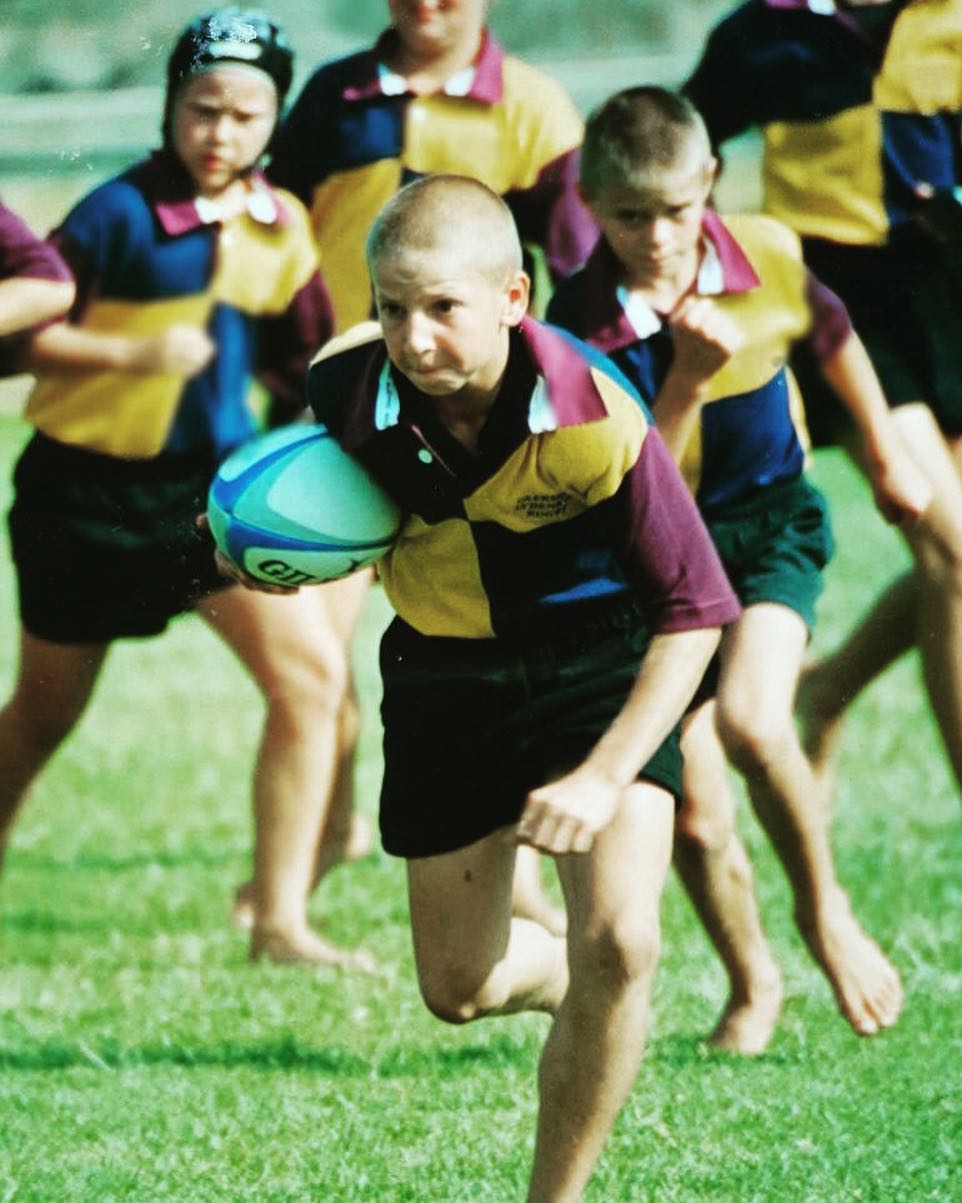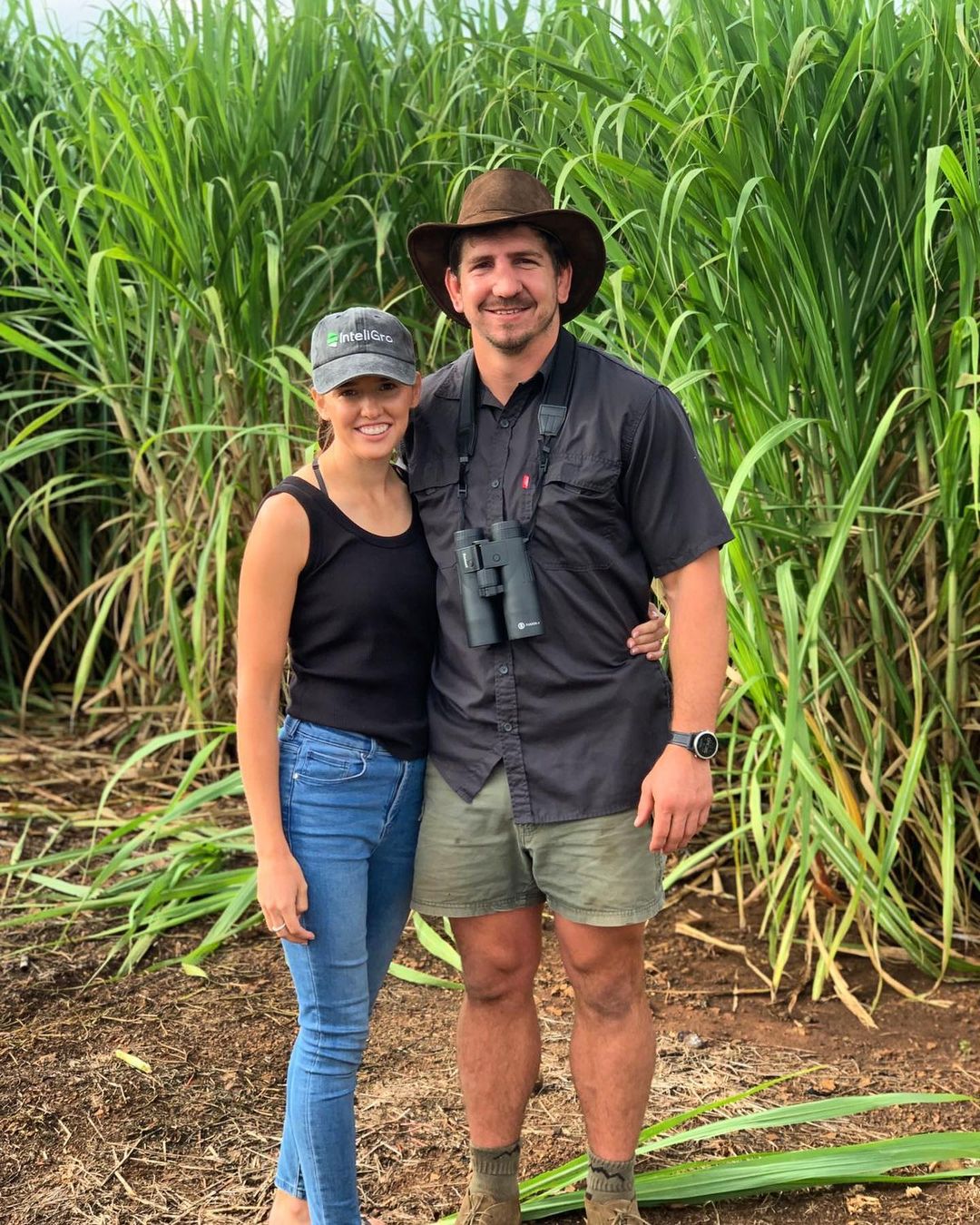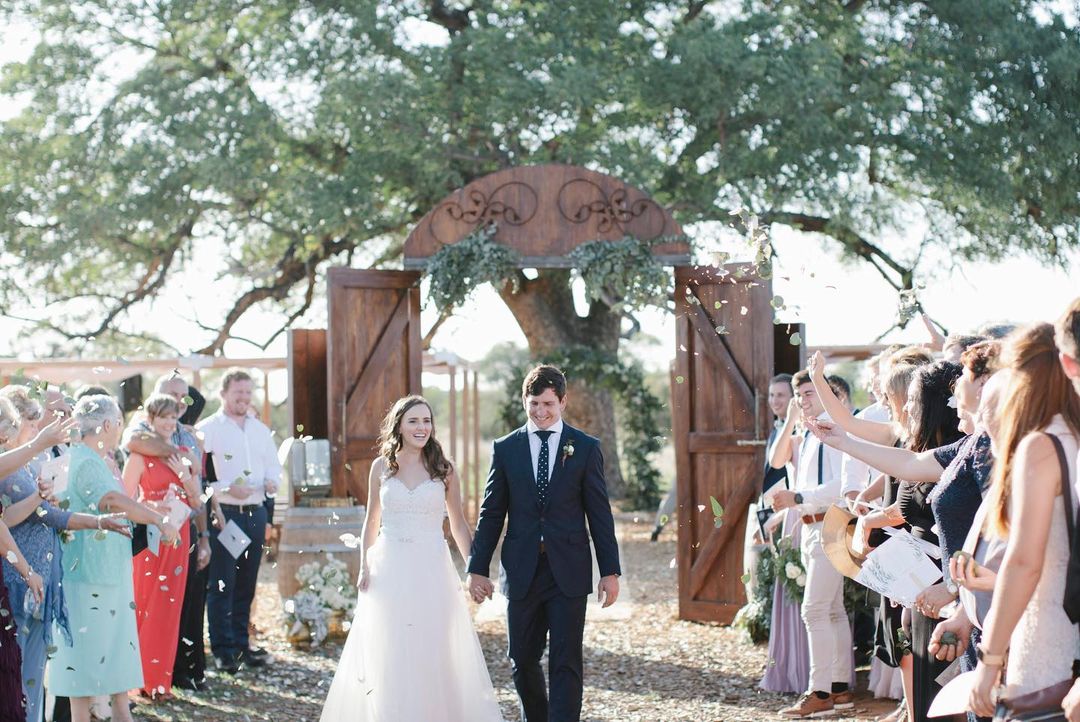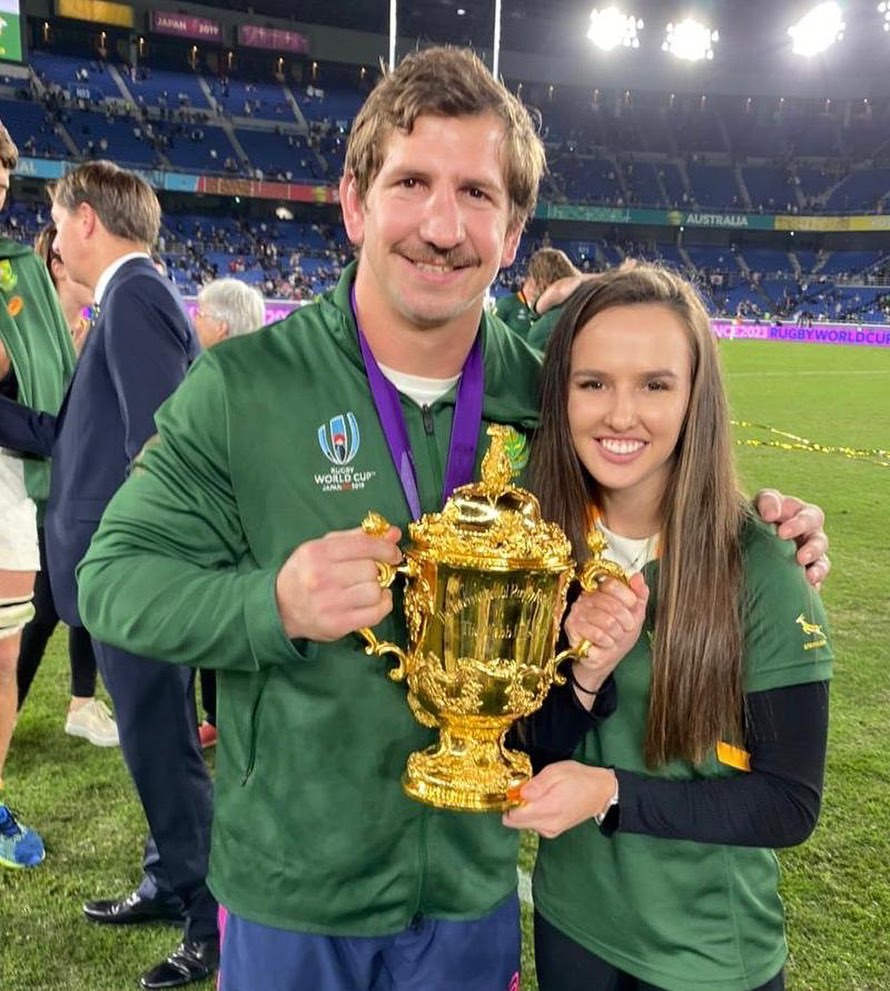It would count as the worst nightmare for any rugby player. Reaching a final and on the brink of glory, and then a moment of madness causes your team to lose the game.
Few would have felt the disappointment, sadness and internal rage that Kwagga Smith had when he was sent off the field in the Super Rugby final in 2017.
The moment which came from Smith mistiming his jump in the air in the 38th minute of the final, and clashing in the air with David Havili, saw referee Jaco Peyper left with no option but to flash the red card and send him packing.
Mp>It was a moment that could have haunted him for the rest of his life.But Smith is not one to let his demons rule him. His lowest point was put behind him, and slowly he climbed the ladder to become a potent force in the Springbok team that not only won the World Cup, but beat the British and Irish Lions as well.
Grit and determination have always come naturally to the former HTS Middelburg pupil, the player who has been told he’s too light for international rugby, but never that he is too tough.
Albertus “Kwagga” Smith is a rugby player in the tough old mould, someone who may be underestimated by opposition, but is as tough as nails.

Smith received his nickname courtesy of his older brother, when one day at the family home visitors asked him what his baby brother’s name was.
“My brother gave me the name,” he said in a magazine interview when asked where it came from.
“A group of foreigners visited our family farm in Lydenburg when I was a baby and they asked my two-year-old brother what my name was. He only knew animal names, so he told them my name was Kwagga, and from there it just stuck.”
Kwagga, or Quagga is a sub-species of Zebra that is extinct now, and it isn’t surprising that after the red card many would have predicted the end of Smith’s blossoming career.

After all, until then he had found more success as a Sevens player - having won the Commonwealth Games with the Blitzboks in Glasgow in 2014 and achieving a bronze medal in the 2016 Rio Olympics as well.
But few would have given him the chance when he moved to 15s of creating an impression.
And even fewer would have seen him rise to the heights after his red card at Ellis Park during the Super Rugby final.
After that final, Smith took some time off, returned to the farm and refocused.
“I had an opportunity and it didn’t work out but there are new opportunities. It was tough but luckily I got away to the farm, and away from all the rugby people and refocused. It was difficult for the week after that. I spent time there with my family,” Smith said.

“For me it wasn’t something that was cynical, or that I did intentionally. I missed my focus for one moment and those are the moments in a final that make a difference.”
Determination to succeed led him back to doing the basics, and while some scoffed that at 90kg he wasn’t heavy enough for an international loose forward, Smith continued to prove them wrong, over and over again.

His ability to inject pace and physicality into his play is something that few players can do. His ability to move around the park quickly and get to situations has been a vital asset for the Boks, and the energy he brings to the team is infectious.
And while the change to fifteens did take a while, and there was a settling period, there was no doubt that Smith was made for the longer version of the game as well.
“Kwagga is special,” his former coach at the Lions Swys de Bruin said about the loose forward. “What we did with him is just believe that his position-specific skills are good enough.

“Sevens is a different game – the space is totally different.
“It took a while and we knew it would take time in Kwagga’s case.”
Captain Franco Mostert said at the time that Smith made the Boks he felt Smith was the best openside flank in the country.
“Just to have that guy in your side, he brings so much positivity in the team,” Mostert, who was captaining Smith at the time said.
“He doesn’t talk a lot, but he shows it through he actions. He gives 110 per cent in every game.
“He is the best No 6 in my opinion.”
Smith finally made the cut in the 2018 one-off test against Wales in Washington, a game where by his own standards he didn’t have the best of runs.
"It was bad for me just to play one test. That's not who I am and I don't see myself as a Springbok if I've just played one test," he said after the Washington game.
"I want people to talk about me as a Springbok. It was just awesome that coach Rassie gave me a chance again. I think I've played well in Super Rugby for the last three years, so it was just to keep that consistency in my performance."
He got his chance in 2019 when he came on as a reserve in Wellington and provided the energy that gave the Boks the upper hand as they scrambled to record a 16-all draw ahead of the World Cup when they looked out on their feet.
If ever there was a time that Smith proved that he had arrived on the scene it was then.
Since then he has slowly, quietly made his way into being a regular for the Springboks, playing a specific role in the bomb squad and injecting energy wherever he gets the chance.
That’s why it wasn’t a surprise when the Boks were at their lowest in Adelaide, that the tonic they needed off the bench was Smith.
Two tries later and the scoreline looked a lot more respectable, prompting the same fans who said he was too light for international rugby to start calling for his ascension into the starting line-up.
Smith was humble as always, but it is clear he is more than just a fringe player in the Bok set-up right now.
He’s mister consistency, mister determination and that player that every coach would love on a bench.
And he’s not done yet.


